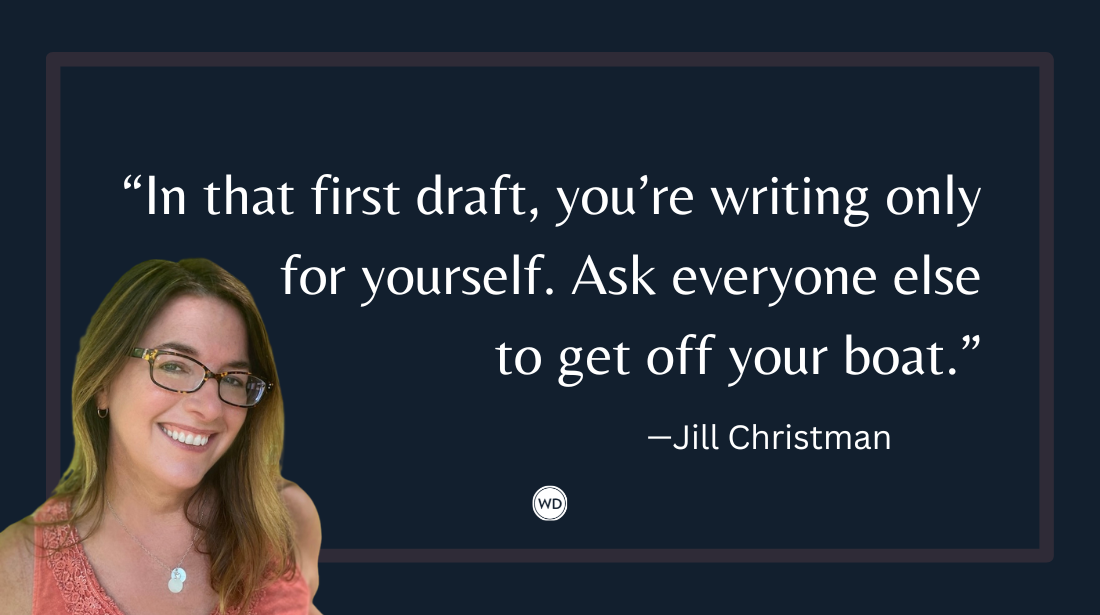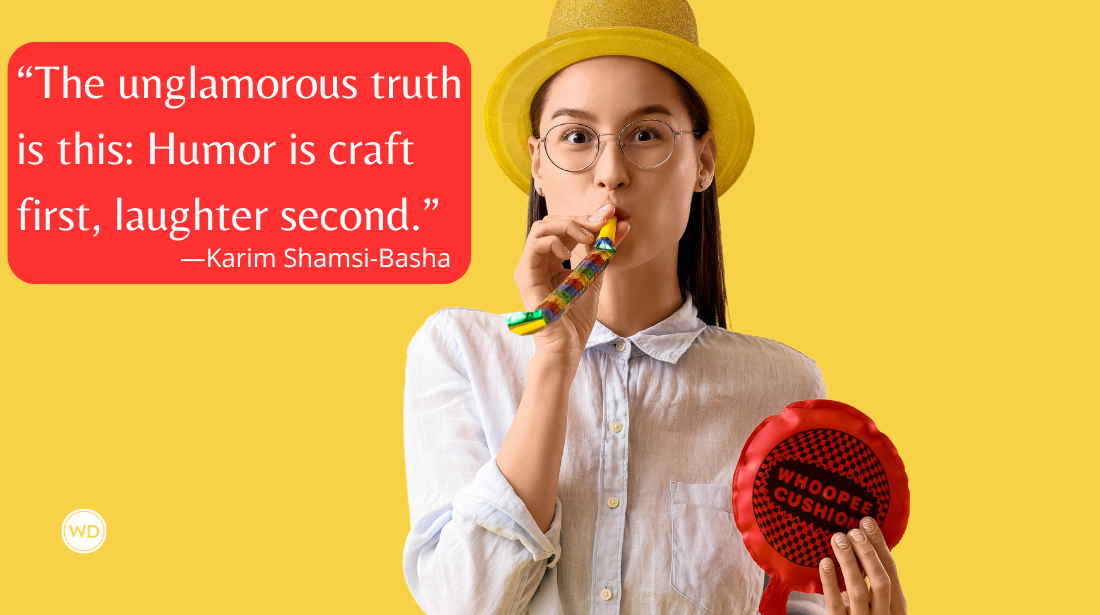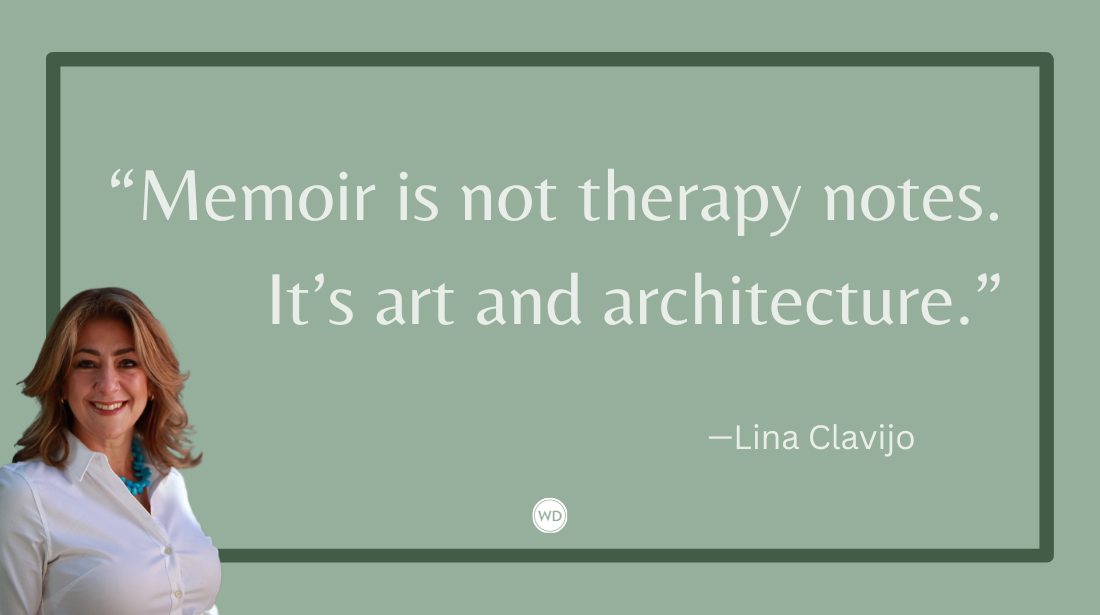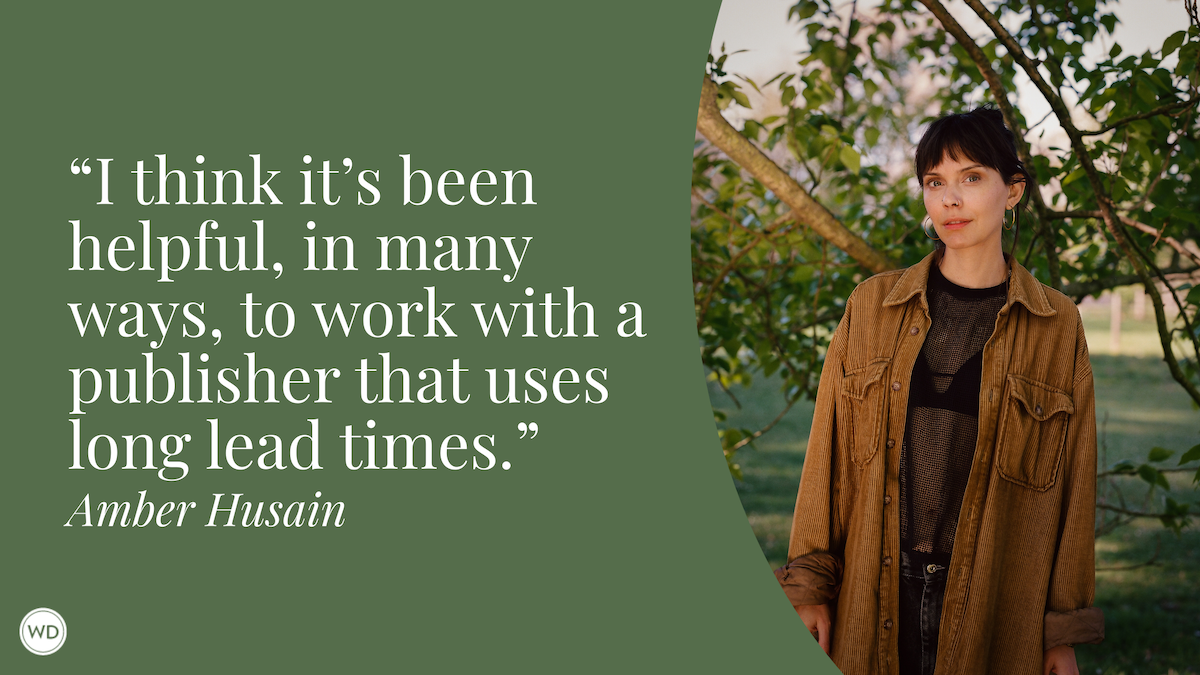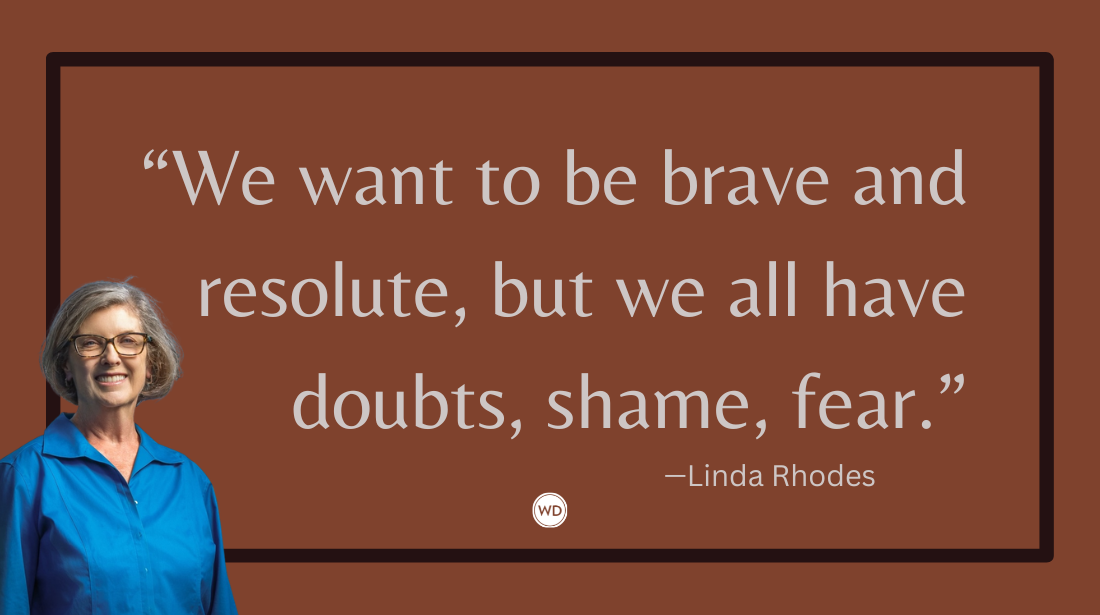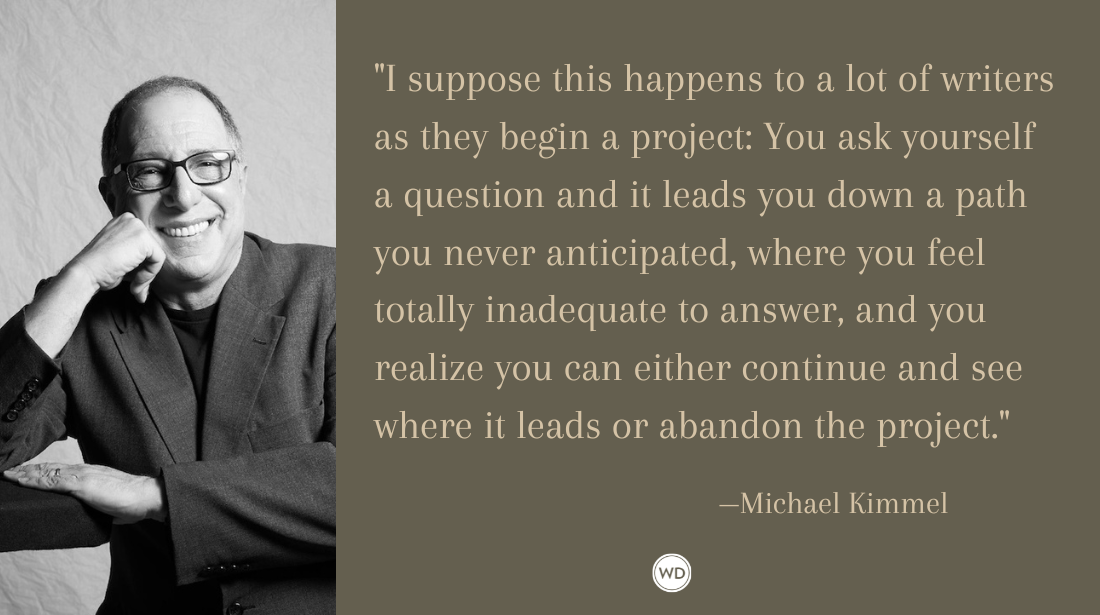5 Ways to Write Better Copy Than ChatGPT
Career freelance writer and copywriter Robert W. Bly shares his five ways humans have the ability to write better copy than ChatGPT.
Many copywriters today express to me their fear that with ChatGPT easily and freely available, and able to write coherent English prose, the profession of copywriting is doomed. Well, I advise you to relax a bit, and at least for now, stop worrying about ChatGPT putting you out of a job.
The most effective way to become less dispensable as a copywriter is to up your skills and learn to write A-level copy. And here are the advantages you have that, at least for the time being, give you an edge in writing copy that’s better than the copy ChatGPT usually turns out.
5 Ways to Write Better Copy Than ChatGPT
1—Human emotion.
In copywriting, emotion and feelings trump facts and rational thought.
The copywriter gets the prospect’s attention, engages their interest, and persuades them to buy most effectively with appeals to human emotion; e.g. greed, guilt, fear, exclusivity, etc. Once your copy has emotionally sold the prospect on the product, they then rationalize and justify their emotional purchase decision with rational logic.
As a human copywriter, you can write with emotion because you experience real emotion. ChatGPT has no emotion and is therefore at a distinct disadvantage in writing emotional copy.
2—Human experience.
You as a human have literally thousands of personal experiences to draw on.
Having experience with a thing enables you to write about it more genuinely. For instance, if you are given the assignment to write an ad for a law firm specializing in divorce, the fact that you are divorced, if such is the case, would enable you to write about it with greater understanding, authority, empathy, and emotional depth.
As code running on a machine, ChatGPT has had no human experiences. Its algorithm can assemble, cut, and paste the human experiences of others as written in content it finds on the web. But the genuine, first-hand experiences that are so critical to good writing? No.
3—Human stories.
Storytelling, long a staple of good copy, is even more lauded and recommended in copywriting today. But as with having real experiences, ChatGPT is also incapable of telling original stories, because it has none of its own.
By comparison, when I am writing copy, I frequently pull stories from my mental storehouse of things that either have actually happened to me or that I have witnessed first-hand. The very fact that they come readily to mind is indicative of the emotional impact they had on me—and, by logical extension, their relevance to the piece of copy I am writing now.
4—Human intelligence.
What does the “intelligence” in artificial intelligence refer to?
Right now, AI processes data using algorithms. Impressive and fast. But is it truly equivalent to the human intelligence produced in your gray matter?
One can argue that when machines become sentient and self-aware, then we will indeed have true artificial intelligence in the world. But until then, AI is just an approximation of human intelligence—but not yet equivalent to it.
And as long as you, as a writer, have genuine human intelligence that AI so far lacks, you will maintain, to some degree and in certain ways, an edge over AI software.
5—Human understanding.
If a machine is not fully human in its “thinking,” then can it really understand things on the same level as we do?
For instance, ChatGPT can recite the psychological literature on, say, the effects of the death of a child on a parent. But can ChatGPT articulate the full meaning of that loss to the parent at the deepest and most profound levels of human thought? Doubtful. But all humans know and understand this concept, and a good writer can express it clearly and in a meaningful way.
How do I know all of what I say here is accurate? I can’t—at least not directly—because I cannot see into the “minds” of either human writers nor AI.
But when I read copy written by A-level copywriters vs. ChatGPT, it becomes evident to me, at least for now, the best AI can’t hold a candle next to the best humans when it comes to writing powerful copy that persuades people to buy.




